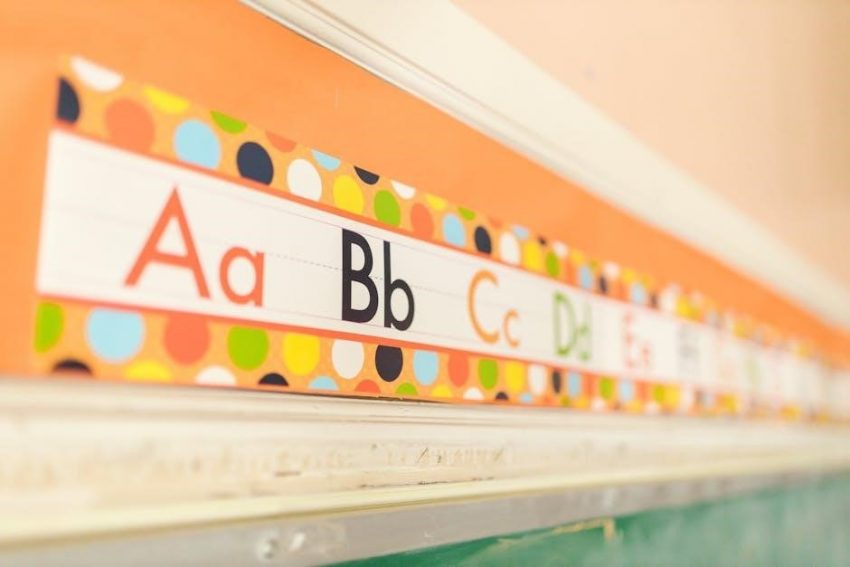Confession is a sacred ritual where kids can talk to a priest about their sins and receive forgiveness. It’s a chance to grow closer to God and feel peaceful. This guide helps children understand the process, preparing them to confidently participate. It’s a positive step toward spiritual growth and healing.
Why Confession is Important for Children
Confession helps children grow spiritually by teaching them to reflect on their actions and take responsibility for their sins. It fosters a deeper understanding of right and wrong, encouraging honesty and integrity. Through confession, kids learn to seek forgiveness and experience God’s mercy, which strengthens their faith. This sacrament also helps children develop self-awareness and empathy, guiding them to treat others with kindness. Regular confession supports emotional well-being by relieving guilt and promoting peace of heart. It’s a powerful tool for moral development, helping children build a strong foundation for a virtuous life. By practicing confession, kids learn to rely on God’s grace and the support of the Holy Spirit in their journey toward holiness.
Understanding the Sacrament of Reconciliation
The Sacrament of Reconciliation, also known as confession, is a way for children to tell God they’re sorry for their sins through His priest. It’s a special moment where they can ask for forgiveness and receive peace. This sacrament reminds kids that everyone makes mistakes, but God always loves and forgives them. By participating, children learn that saying sorry isn’t scary—it’s a chance to start fresh and feel closer to God. The priest helps them understand their actions and offers guidance to make better choices. Through this sacrament, kids experience the joy of being forgiven and the strength to try harder to live as Jesus teaches. It’s a beautiful way to grow in faith and love for God and others.
Preparing for Confession
Preparing for confession involves praying for guidance, examining your actions using the 10 Commandments, and listing your sins clearly. Be honest and specific.
Praying for Guidance from the Holy Spirit
Before confession, kids should pray to the Holy Spirit for courage and clarity. This helps them recognize their sins and feel truly sorry. Praying opens their hearts to God’s grace, making confession a meaningful experience. Simple prayers like asking for strength to admit mistakes can be powerful. This step ensures they’re prepared to honestly share their sins with the priest, seeking forgiveness and growth. Praying also reminds them that confession is a positive step toward healing and becoming closer to God. Guidance from the Holy Spirit makes the process easier and more heartfelt for children.
Examining Your Conscience Using the 10 Commandments
Before confession, kids should reflect on their actions by using the 10 Commandments as a guide. This helps them identify sins like disobeying parents, lying, or being unkind. They should think about times they may have broken God’s rules and feel sorry for their mistakes. This reflection helps them understand how their actions affected others and God. Using the Commandments makes it easier for children to remember specific sins and be honest during confession. This step prepares them to ask for forgiveness and grow closer to God. It’s a simple yet powerful way to ready their hearts for the sacrament of reconciliation.

Steps for Going to Confession
Begin with the Sign of the Cross, tell your sins honestly, and listen to the priest’s advice and prayers. This helps you receive forgiveness and guidance.
Making the Sign of the Cross
Start by making the Sign of the Cross, saying, “In the name of the Father, and of the Son, and of the Holy Spirit. Amen.” This simple gesture shows respect and readiness to begin the sacrament. It reminds us of our faith and helps us focus on God. Making the Sign of the Cross is a beautiful way to start your confession, setting a sacred tone for the conversation with the priest. It’s a familiar prayer that can help kids feel comfortable and prepared. This step is the first in asking for forgiveness and growing closer to God.
Telling the Priest Your Sins Honestly
Telling the priest your sins honestly is an important part of confession. Be specific about what you’ve done wrong, like saying unkind words or disobeying rules. Don’t be too general—share what’s been on your heart. Remember, the priest is there to help you, not to judge you. This is a special moment to ask for forgiveness and feel God’s love. When you tell your sins honestly, you show that you’re truly sorry and want to grow closer to God. The priest will then offer advice and prayers to help you. Always remember, confession is a place of help and healing, not shame.
Listening to the Priest’s Advice and Prayers
After telling your sins, listen carefully to the priest’s advice and prayers. He will help you understand how to grow stronger in your faith and may give you a small prayer or action to do as penance. This is a way to show God you’re sorry and want to try harder to be good. The priest will also pray for you, asking God to forgive your sins and fill you with grace; This is a special moment to feel God’s love and mercy. Remember, the priest is there to help you, and his words are meant to guide you closer to God. Always thank him and leave feeling happy and peaceful, knowing you’ve been forgiven.

Helping Kids Feel Comfortable with Confession
Explain that confession is a safe, caring space for healing, not shame. Emphasize God’s love and forgiveness to build trust and confidence in the process.
Explaining That Confession is a Place for Help, Not Shame

Confession is a loving and caring experience where kids can seek help and healing. Emphasize that it’s not about feeling ashamed but about growing closer to God. Explain that everyone makes mistakes, and confession is a chance to talk about them in a safe, supportive environment. Let them know that God loves them and wants to forgive their sins. This understanding helps build trust and confidence, making confession a positive step toward spiritual growth and peace of heart.

Letting Kids Choose Between Anonymous or Face-to-Face Confession
Kids should feel comfortable choosing between anonymous confession behind a screen or face-to-face with a priest. Both options are valid and respected. Anonymous confession allows for privacy, while face-to-face can create a personal connection. Explain that the choice is theirs and that either way, their sins will be forgiven. This flexibility helps reduce anxiety and makes the experience more approachable. Emphasize that the priest is there to help, not to judge, and that both methods are equally meaningful. Allowing kids to decide fosters a sense of control and trust, making their confession experience positive and empowering.
Following Up After Confession
After confession, pray for forgiveness and strength. Regular confession supports spiritual growth, helping kids stay close to God and live virtuously.
Praying for Forgiveness and Strength
Praying for forgiveness and strength is a beautiful way to deepen your relationship with God after confession. Say a heartfelt prayer, like: “O God, I love you and wish to love you more every day. Help me to see how I have sinned. Help me to be sorry for my sins. Help me to make up my mind to be good and avoid sin.” This prayer expresses sorrow and asks for the grace to grow stronger in faith. Regular prayer after confession helps children stay focused on God’s love and guidance, fostering spiritual growth and a closer bond with Him; It also reminds them that confession is not just about forgiveness but about becoming better versions of themselves with God’s help.
Encouraging Regular Confession as Part of Spiritual Growth
Regular confession is an essential part of spiritual growth for kids, helping them stay close to God and understand His loving mercy. It teaches children to take responsibility for their actions and fosters humility, while also strengthening their faith. Encourage your child to see confession as a positive habit, not a punishment, and explain how it helps them become a better version of themselves. By making confession a routine part of their faith life, they’ll learn to trust in God’s forgiveness and guidance, growing stronger in their relationship with Him. This practice will help them stay focused on living according to God’s teachings and experiencing the joy of His love and pardon.
